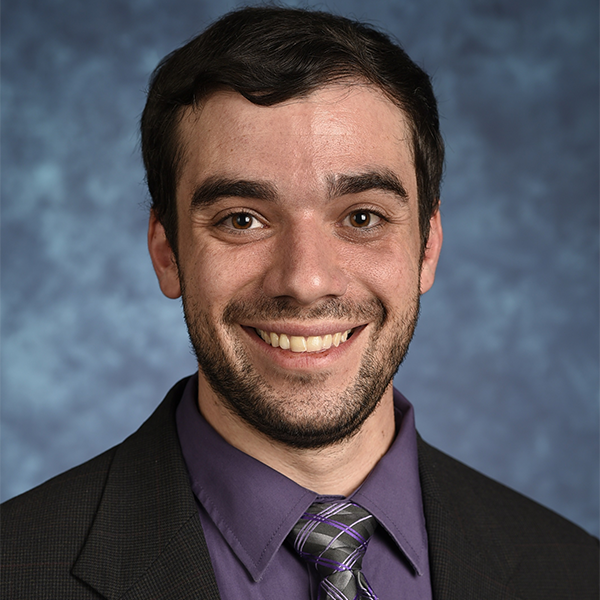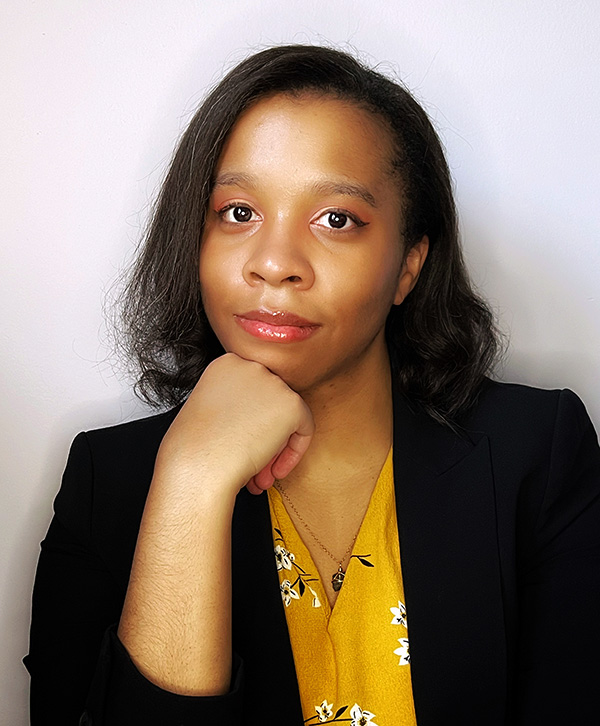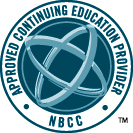
Building Professional Excellence

Writing a Rigorous Quantitative Methodology Section in Counseling Research
Conducting and publishing rigorous empirical research based on original data is essential for advancing and sustaining high-quality counseling practice. Although every section of a research study must be carefully planned, executed, and reported, the Methodology section is the “conceptual epicenter of a manuscript” (Smagorinsky, 2008, p. 390), which should include clear and specific details about how the study was carried out. Careful planning prior to launching data collection is especially important for conducting and writing a rigorous quantitative Methodology section, as it is rarely appropriate to alter quantitative methodology after data collection is complete for both practical and ethical reasons. A well-written Methodology section is also crucial for publishing research in a peer-reviewed journal, as one or more serious methodological flaws tends to automatically trigger a decision of rejection without revisions.
The purpose of this webinar is to provide guidelines and recommendations for writing a rigorous quantitative Methodology section in counseling and related fields. Specifically, the webinar will provide a general overview of the major quantitative methodological subsections, including Participants and Procedures, Measures, and Data Analysis. The presenter will provide particular details on the minimum standards for reporting both reliability and validity evidence of test scores in the Measures section, which are often lacking in counseling research. The webinar will also include commentary and an experiential learning activity on how to match variables with the most appropriate statistical test. The webinar will conclude with a question-and-answer session as well as discussion on the utility of conducting and writing a rigorous quantitative methodology section.
After this presentation, participants will be able to:
- Identify and explain the criteria for the major subsections in a quantitative Methodology section
- Gain a basic understanding of the minimum standards for reporting both reliability and validity evidence of test scores in the Measures section of a quantitative Methodology section.
- Clearly articulate quantitative variables and their corresponding scale of measurement and become proficient at selecting the appropriate statistical tests based on each variables’ scale of measurement.
Presenter

Mike Kalkbrenner, PhD, NCC
Dr. Mike Kalkbrenner is an associate professor of counseling and educational psychology at New Mexico State University (NMSU) with major teaching responsibilities in the areas of counseling theory, research, and assessment. After receiving his bachelor’s in psychology from SUNY Geneseo and his master’s in mental health counseling from the College of Brockport in New York, Dr. Kalkbrenner obtained his PhD in counselor education from Old Dominion University in Norfolk, Virginia. Dr. Kalkbrenner earned promotion and tenure after just three years on the tenure-track. He has dozens of peer-reviewed articles and presentations in highly esteemed journals and at national conferences as well as millions of dollars in grant funding. Much of his research is centered on two major themes: psychometrics and college student mental health, and measurement and evaluation of dimensions of integrated mental and physical wellness. He has utilized quantitative, qualitative, and mixed-methods research paradigms, with an emphasis on quantitative methodology in psychometrics and other multivariate statistical analyses. He has won several awards for his scholarship, including the Outstanding Scholar Award by The Professional Counselor (TPC) and the Outstanding Aggie Research Award by the dean at NMSU
Dr. Kalkbrenner is an associate editor of The Professional Counselor and an editorial board member of the Journal of Counseling and Development; Measurement and Evaluation in Counseling and Development; the Journal of College Student Retention: Research, Theory and Practice; and the Journal of Human Services. His teaching pedagogy is based on John Dewey’s theory of experiential learning and the flipped classroom in which the instructor is responsible for the learning environment and students are responsible for their own learning. Dr. Kalkbrenner has clinical experience providing counseling to a variety of populations in an array of different settings, including medical residents, veterans, college students, and children.
Insta-Counselors: Ethically Using Social Media as a Marketing, Research, and Advocacy Tool
Like in most fields, technology has become more and more woven into the professional careers of counselors and other mental health professionals. Social media, in particular, has become relevant to counselors in both the professional and personal spheres. Though often viewed and reported as a factor contributing to negative psychological well-being for various groups, social media also has the potential to be a positive professional tool for counselors, counselor educators, and counselors-in-training. From branding to collecting research participants to advocacy and psychoeducation, social media literacy is a necessary professional development component for all counselors and counselors-in-training when framed within professional ethics and principles. All counselors should at least be aware of possible ethical considerations with social networking sites when working with clients. By developing more social media–competent counselors, the spread of mental health–related misinformation and stigma can be addressed by trained professionals. This presentation will cover the standards from the ACA Code of Ethics that counselors need to be aware of regarding professional ethical social media use. It will also look at social media as a tool for counselors to develop their multicultural competence.
After this presentation, participants will be able to:
- Define what social media is and the different known and not-so known examples of what falls under the label of “social media.”
- Apply the ACA Code of Ethics to social media use in ethical decision-making when it comes to interacting with clients.
- Identify ways to ethically use social media for marketing, research, psychoeducation, and advocacy purposes.
Presenter

Zori A. Paul, PhD, NCC, LPC (MO)
Dr. Zori A. Paul (she/her) is a clinical assistant professor at Marquette University, a provisional licensed professional therapist in Missouri, and certified parent-child interaction therapy (PCIT) provider. Dr. Paul graduated with her PhD from the counselor education and supervision program at the University of Missouri–St. Louis in 2022. She holds an MA in clinical mental health counseling from Northwestern University and a BA in comparative human development with a minor in gender and sexuality studies from the University of Chicago. Her research focuses on the intersection of marginalized identities, specifically bisexual+ women of color; cross-cultural relationships in counseling mentorship; and ethical social media use by counselors. Dr. Paul is also a therapist at Thoughts Out Loud Counseling, LLC and co-founder of Black in Mental Health, part of the online Black in X movement and initiatives to promote and amplify Black mental health professionals, researchers, and advocates.
NBCC Foundation has been approved by NBCC as an Approved Continuing Education Provider, ACEP No. 805. Programs that do not qualify for NBCC credit are clearly identified. NBCC Foundation is solely responsible for all aspects of the programs.
Each state sets its own requirements for licensure, including continuing education requirements to maintain licensure. Questions about CE requirements for state licensure should be directed to your state board. You can find their contact information on our state board directory.

